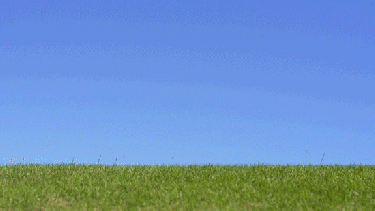
What the global decline of greyhound racing means for all dogs
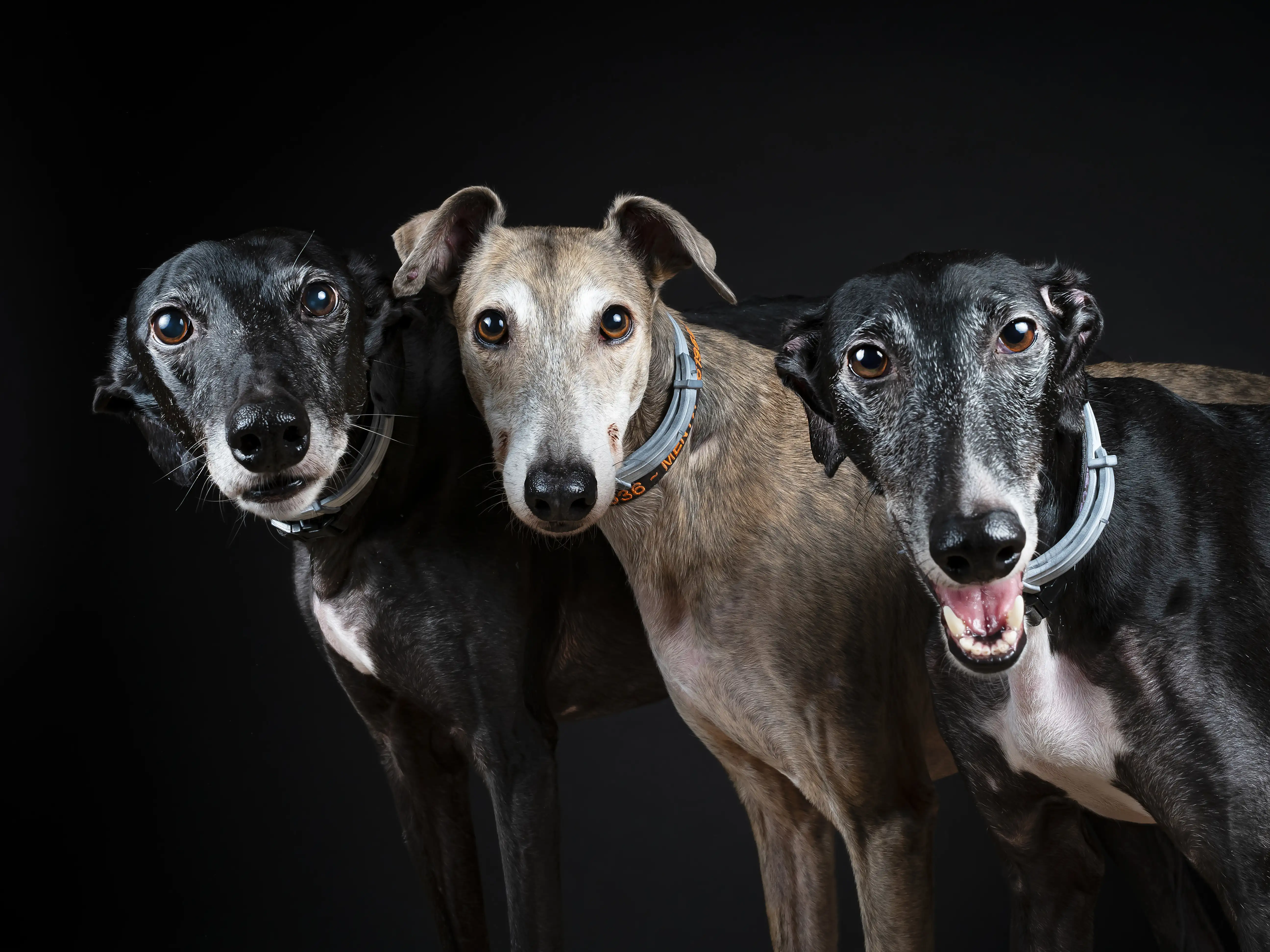
On International Dog Day, we’re seeing a fundamental change in how people think about animals. And anyone caring for dogs must understand it comes with profound responsibilities
Published 26 August 2025
For decades, greyhound racing has appeared resilient to welfare concerns. Despite ongoing media exposés about injury rates, training methods, doping and questions about how racing dogs live when they’re not on the track or where they go when no longer competitive, the industry continued operating in Australia.
But something has changed globally over the last year, and it has big implications for dogs worldwide.
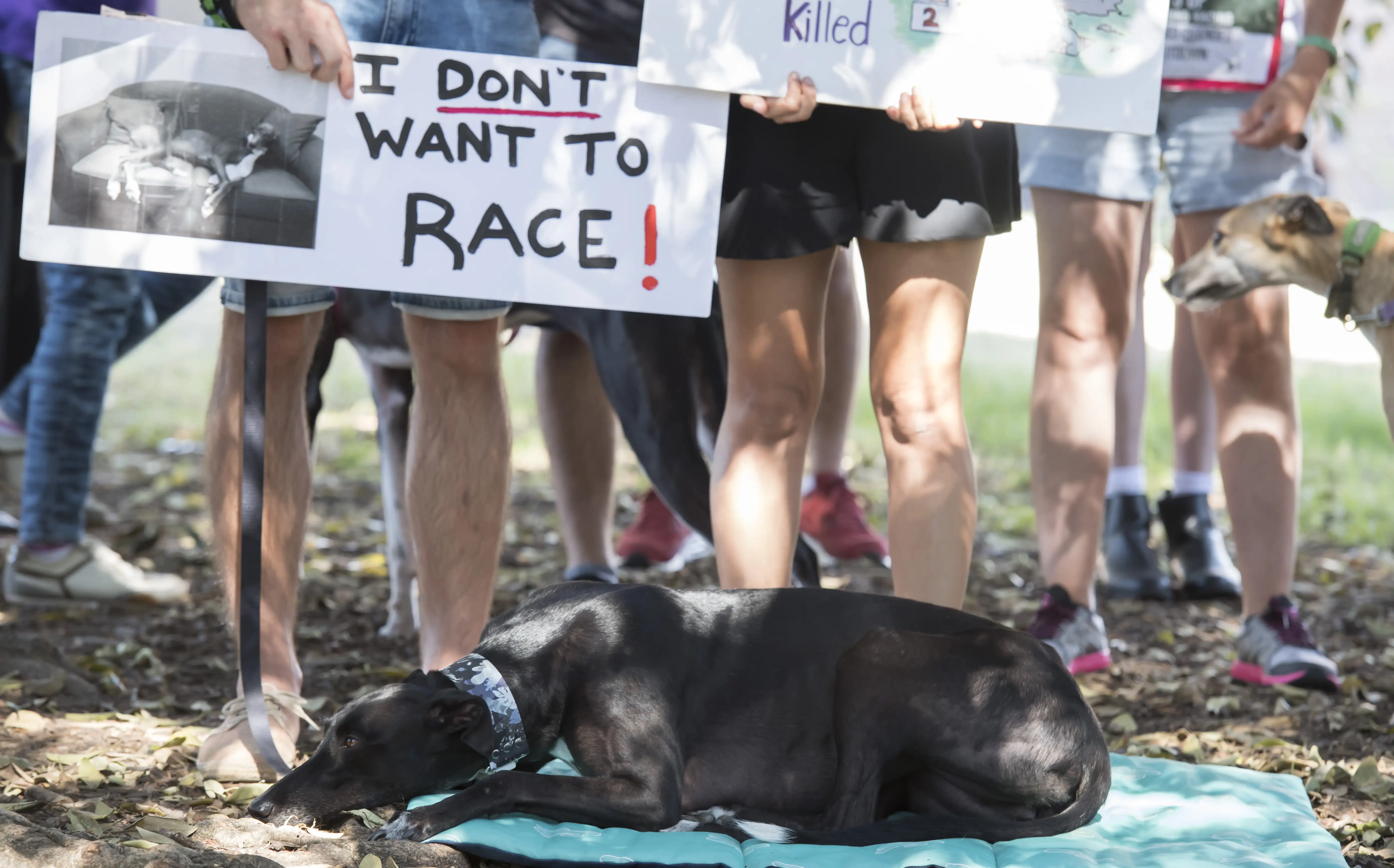
New Zealand announced its greyhound racing ban in December 2024. Wales announced plans to end racing in February 2025. Tasmania has just announced it plans to phase out greyhound racing by 2029.
This rapid cascade of bans signals something much bigger than the end of one gambling activity – it’s a wake-up call for everyone who relies on dogs.
These changes are driven by a fundamental change in how people think about animals.
We’ve moved beyond simply wanting to protect dogs from harm, to expecting that they can enjoy good lives.
This reflects the growing scientific understanding that dogs, like us, experience emotions, form relationships and deserve opportunities for happiness – not just survival.

But what does this mean for the other dogs in our lives? The detection dogs in our airports, the dogs assisting people with disabilities, those supporting students in our schools or even the dog asleep on your couch?
The ripple effect beyond the racetrack
My research shows that over 95 per cent of people say dog welfare is very important to them. Yet most of us rarely think about the lives of dogs in our communities beyond our beloved four-legged companions at home.
We may donate to assistance dog charities, watch border detection programs on TV and admire search-and-rescue teams helping in disaster zones without considering what daily life looks like for these canine workers.
As people become increasingly conscious about animal treatment, from farm animals to those in entertainment, this awareness is expanding to include all the ways we ‘use’ dogs.
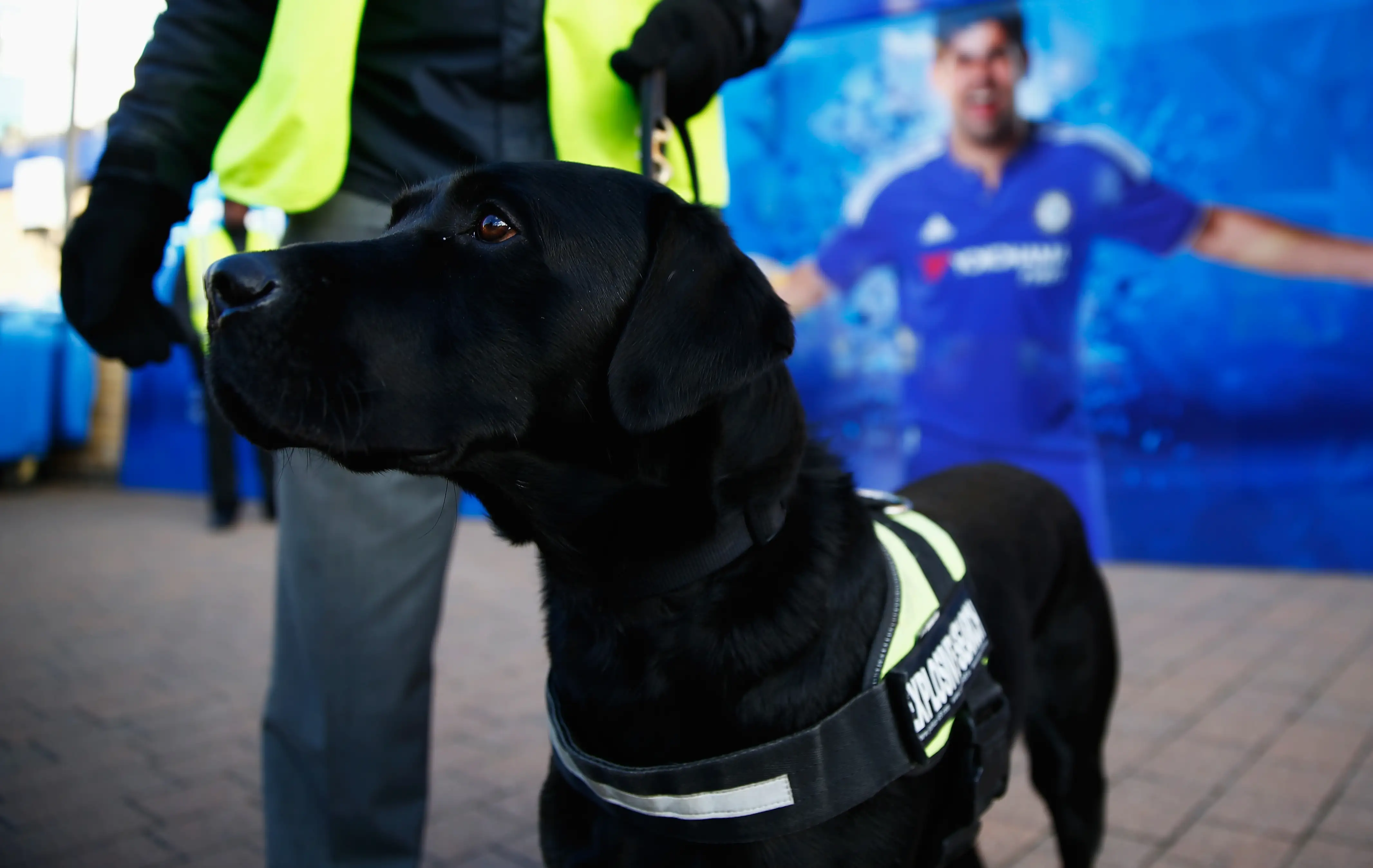
The recent greyhound racing collapse demonstrates how quickly public support can evaporate when welfare concerns aren’t adequately addressed.
Consider the contrast between those who embrace scrutiny versus those that resist it.
Some organisations or operators working with dogs proactively demonstrate their welfare standards, welcome independent oversight and engage openly with concerns. Others operate behind closed doors or respond defensively when questions arise about how their animals are bred, reared, housed, trained and rehomed.
Those thriving under increased public attention share common approaches: they treat welfare as a core priority rather than a compliance exercise, even when it means making major changes to the way in which they operate (for example, their training methods or the equipment used).
They also understand that genuine transparency builds public trust in ways that defensive responses never can.

Sciences & Technology
Your dog is talking to you, but you need to learn how to listen
But there’s an important distinction between real change and ‘welfare washing’ surface-level improvements designed more for public relations than to genuinely assure animal wellbeing.
The public is becoming increasingly sophisticated at spotting the difference.
The speed of recent racing bans – three jurisdictions in around 18 months – shows how rapidly momentum can build once public opinion shifts.
What earning trust looks like
The organisations embracing increased welfare scrutiny share common characteristics.
They proactively demonstrate care standards rather than waiting for pressure. They welcome independent monitoring and engage genuinely with concerns rather than dismissing them.
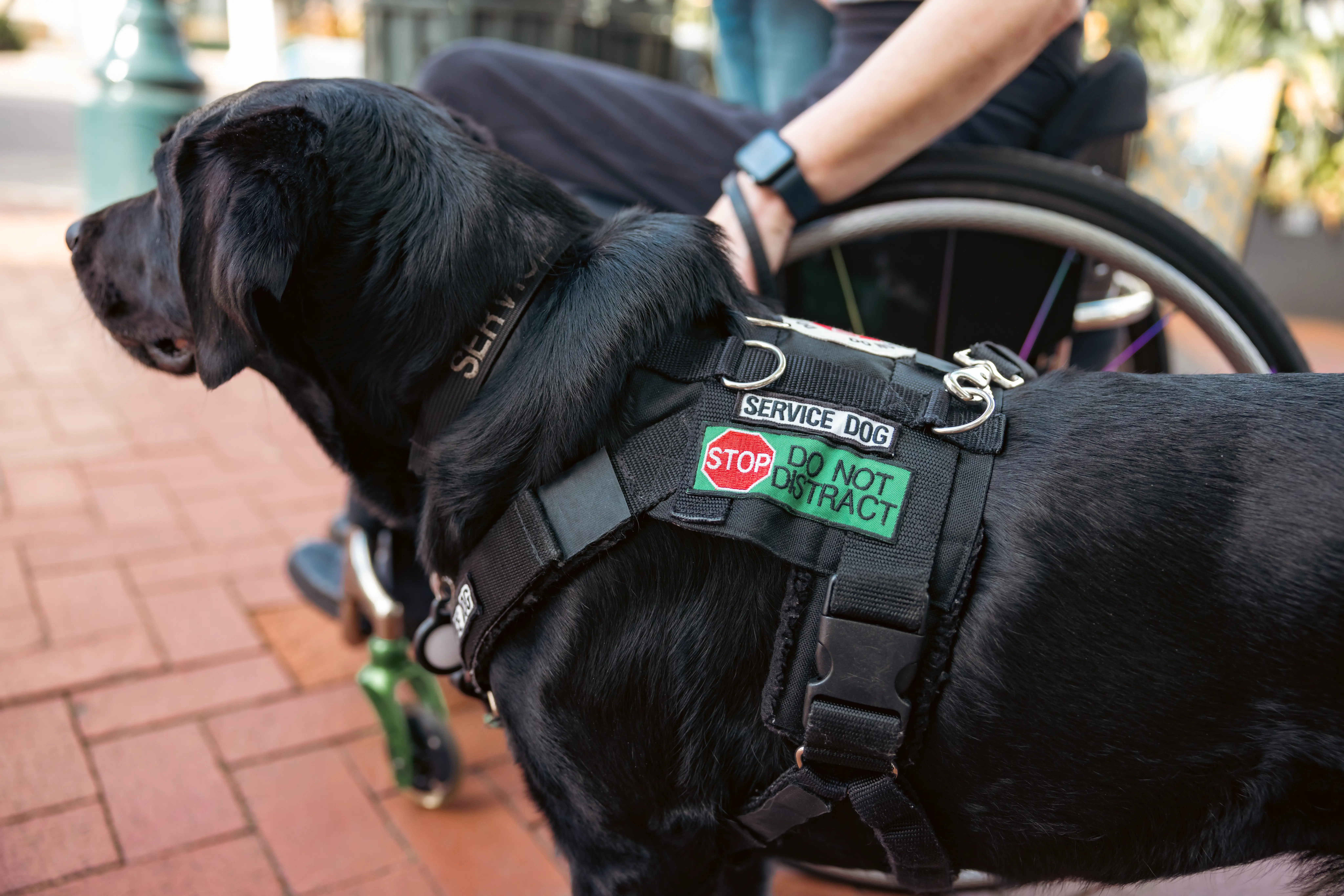
Most importantly, they recognise that working with dogs comes with profound responsibilities.
This reframing, from dogs as tools we use to co-workers we partner with, means ensuring dogs have agency in their daily lives – the ability to make choices about when to rest, opportunities to be dogs rather than just workers and environments that offer them positive social and physical experiences.
It means transparency about career length, retirement plans, injury rates and living conditions. It means treating welfare as a core business priority, not a public relations exercise.
The dogs supporting our lives
International Dog Day provides an annual opportunity to shine a spotlight on all the dogs we rely on in our lives, not just our pets at home.

Sciences & Technology
Science can help dogs enjoy their best life
It’s a chance to ask: are we caring for these animals as well as we can?
The greyhound racing industry’s decline shows what happens when the answer is unclear or unconvincing.
Public trust, once lost, is extraordinarily difficult to rebuild, especially when alternatives exist that don’t rely on the use of real animals.
Everyone relying on dogs should be asking themselves: if public attention suddenly focused on our operation tomorrow, would we welcome that scrutiny? Can we demonstrate genuine care for our animals’ wellbeing, not just their productivity?
The dogs supporting our lives – whether working at airports, guiding people safely across roads or living as companions in our homes – deserve nothing less than our full consideration of their wellbeing.
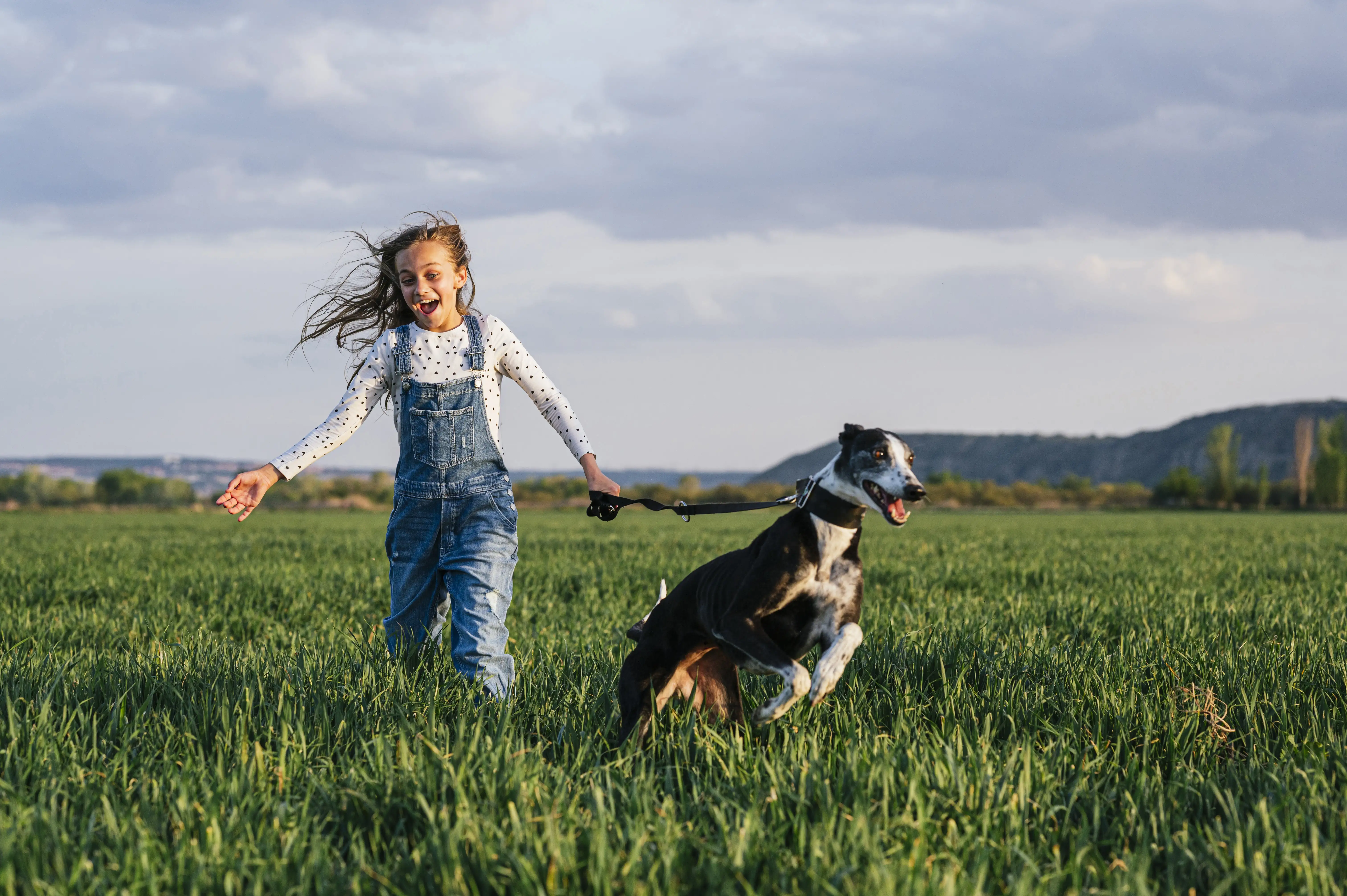
And as the racing industry is discovering, the public increasingly expects to see proof of that care, not just promises.
Those who can show genuinely wagging tails and happy dogs will thrive.
They’ll be part of building a sustainable future where our partnerships with dogs are genuinely rewarding for both species. Those who can’t may find themselves wondering how something that seemed so permanent could disappear so quickly.
The choice is theirs to make – but the window for making it may be narrower than they think.
Dr Cobb delivered invited, plenary and keynote international addresses on canine welfare at the Joint Symposium for Working K9s, International Working Dog Conference, International Guide Dog Federation Conference and the Canine Science Forum in 2025.
